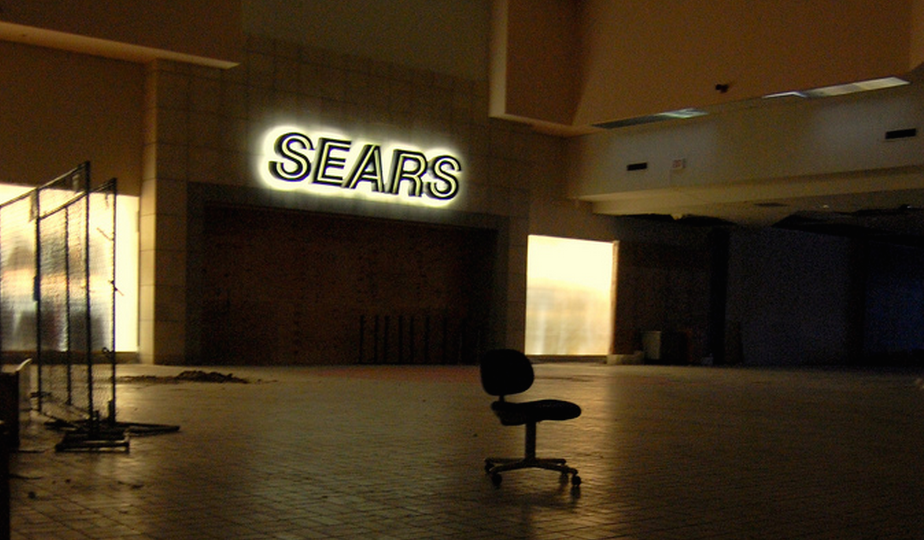Eddie Lampert Blogs Mini-Manifesto About Why Sears Has Shed 200 Stores
Lampert wants us all to know that what he really wants is for Sears Holdings “to operate our stores both profitably and with excellence. Both, not just one or the other.” Or neither, as our readers have reported about some of the chain’s stores before it began its most recent turnaround effort.
Lampert compares massive large legacy Sears stores to another type of legacy real estate: phone company buildings. “[I]n virtually every city across the country, real estate owners and communities are trying to figure out what to do with large, windowless buildings that once held essential – now useless – telephone equipment to make landlines work,” he explains. Some of these buildings will become offices, apartments, or other things that are relevant to the modern world. That’s what Sears is doing by taking on roommates and subleasing space to other retailers like Whole Foods or Primark.
It doesn’t matter whether an area has a local Sears or Kmart store, Lampert assures us, because the company already has our contact information after badgering us into joining the “Shop Your Way” rewards program. “[W]hen we close a store we can retain a relationship with Shop Your Way members who visited the store – because we can now communicate with them and meet their needs in other ways on other platforms,” Lampert notes cheerfully, still apparently allergic to the word “customer.”
Moving Forward [SHC Speaks]
Want more consumer news? Visit our parent organization, Consumer Reports, for the latest on scams, recalls, and other consumer issues.


